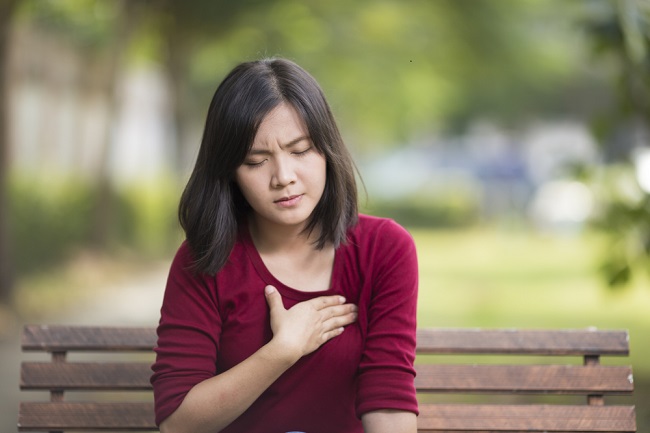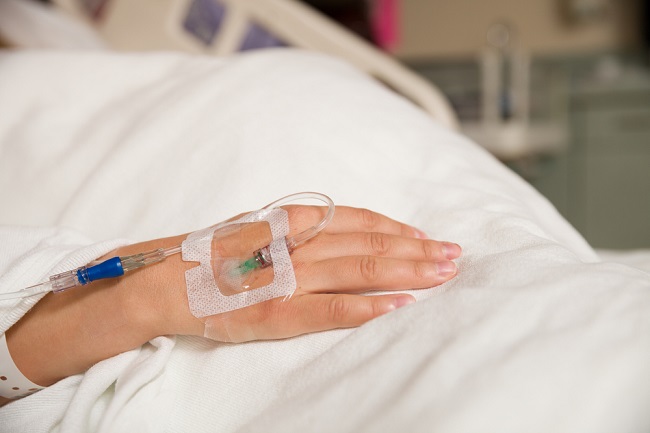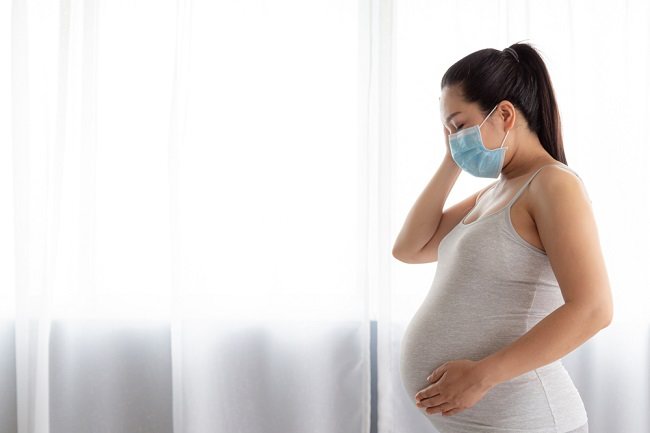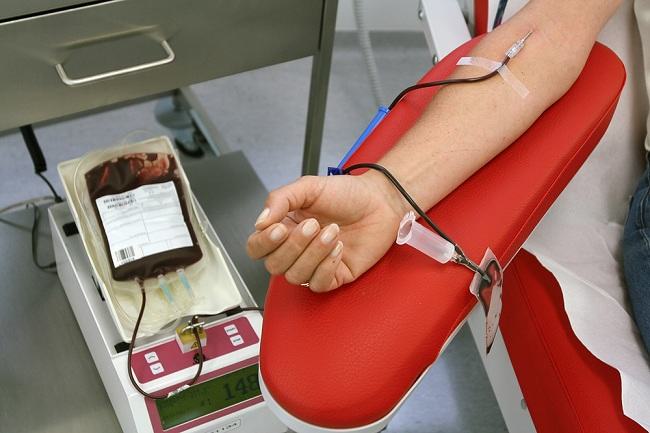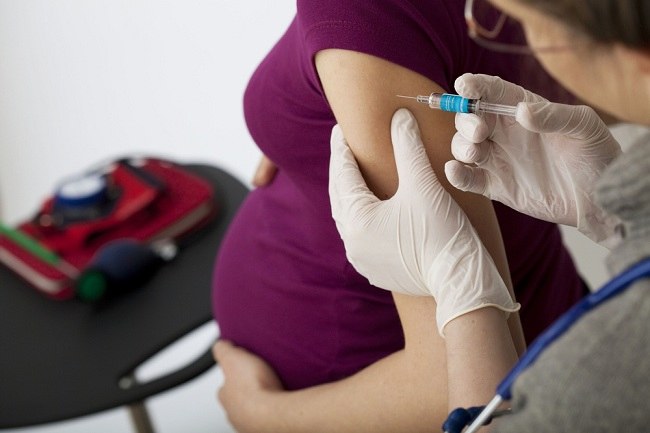Polio is an infectious disease caused by a virus that lives in the digestive tract and throat. Mprevent polio can be done with immunization, especially on child age under five years (toddlers), through polio immunization drops and polio immunization inject.
In certain conditions, a person infected with polio can experience permanent paralysis, even to the point of death. Polio can appear without any symptoms. This disease can also be transmitted through contact with fluids that come out of the nose, mouth, and feces of someone who has been infected with polio.

Learn More about Polio Immunization
Polio immunization is a vaccine used to protect the body from poliomyelitis disorders or polio infection. The polio vaccine is very important for efforts to prevent transmission. Because if left untreated, polio can be dangerous and threaten the lives of sufferers.
There are two types of polio immunization that must be given to children. First, oral polio immunization or oral polio vaccine (OPV) which is an attenuated poliovirus. Second, injectable polio immunization or iinactivated polio vaccine (IPV) which uses an inactivated poliovirus then given by injection.
The polio vaccine is given four times, namely when the baby is born, then continued at the 2, 3, and 4 months.booster) given at the age of 18 months. Newborns are given OPV, then for the next polio vaccination, either IPV or OPV can be given. However, every child should receive at least one dose of IPV.
Know the Side Effects After Polio immunization
There are several side effects that may be felt by children after getting polio immunization, both IPV and OPV. After IPV, redness may occur at the injection site. Children may also have a low-grade fever. This fever can be overcome by giving paracetamol in low doses, as recommended by the doctor.
Although rare, OPV, given by mouth, can cause mild diarrhea without fever. To be safe and not cause harmful side effects, you should consult a doctor before immunization is carried out.
Things to do Take note Before Polio immunization
As explained above, polio immunization is one of the immunizations that must be done if you don't want your child to get polio. Before immunizing, you should pay attention to the following things:
- Watch for allergic reactions in childrenIf your child has a severe allergic reaction to the injectable polio immunization, it is recommended not to have the injectable polio immunization again. In addition, children who are allergic to the content of polymyxin B, streptomycin, or neomycin, are also advised not to receive polio immunization.
- Postpone immunization when your child is sickFor children who are seriously or moderately ill, you need to delay immunization until the child is completely healed. However, if your child only has a mild illness, such as a cough and cold without a fever, the child can still receive the vaccination.
IPV or OPV immunization is actually safe to do. However, you should consult a doctor to find out more about the risk of side effects and proper treatment. Don't miss polio immunization and pay attention to when your child's immunization schedule is, so you can avoid this disease.
